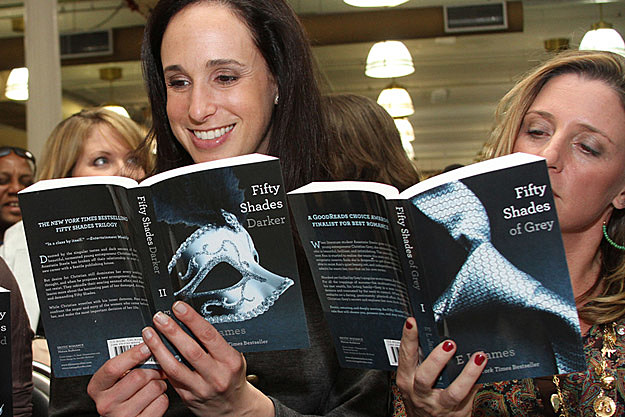My respect for the British government sunk to a new low with their recent proposal to set a minimum price for alcohol of 45p. This would raise the cost of a normal strength can of beer to £1.12 and add around 70p and £2 to bottles of non-premium wine and spirits respectively. Many cut-price drinks offers would effectively be made illegal.
The move is justified on health grounds. In the words of David Cameron, who is personally championing this assault on the rights and pockets of consumers, “it is aboutpeople pre-loading on very, very cheap, heavily discounted drink from some supermarkets.” We are told that research has shown that a 45p per unit minimum would save 2,000 lives and 66,000 hospital admissions over 10 years as well as reducing overall consumption of alcohol by 4.3% .´
These alleged benefits have been so often repeated in the media you would think they are cast iron certainties. But they are based on some very dubious research which has been completely discredited by an Adam Smith Institute report on the subject (The Minimal Evidence for Minimum Pricing). I will return to this “research” later, but I recommend anyone who cares about honesty in public life to read it in full. It is a breath-taking example of government and lobbyists softening up the public with some dodgy headline-grabbing statistics.
It is hard to know where to begin with how vehemently I oppose this proposal and how angry it has made me. Here is a list of some of the ways I believe it is completely unjust and uncalled for (some of the arguments are lifted right out of the Adam Smith report):
- It is totally unfair to punish almost the whole country (except teetotallers) by forcing them to pay an estimated £700m extra a year to retailers and the drinks companies just to tackle a minority problem. How many people do you know who “pre-load” on cheap booze before going out? Obviously some do but we must be talking a low single digit % of the country.
- Whatever this “research” says, it is very unlikely that heavy drinkers and pre-loaders will be deterred by these policies. I know a few boozers (and used to be one in my younger, wilder days) and they are the last people to be put off by a price hike. It is the moderate drinkers who have other priorities besides getting hammered who will cut back.
- Is a policy to reduce drinking really needed? Alcohol consumption has been falling steadily in recent years any way, in fact by many times greater than the 4.3% fall claimed in the propaganda, sorry research, that accompanied the proposal.
- Even if we drink less because of the minimum will all the health benefits be positive? Teetotallers die earlier than drinkers on average. Home brewing and distilling will no doubt rise and may bring some unpleasant side-effects.
- By everyone having to pay more money for less product the economy will suffer in at least two ways – a loss of jobs in the drinks and retail industries and a draining of demand from the rest of the economy as it is redirected to pay higher drinks prices.
- The government already hammers drinkers. Between duty and VAT, half the price of a £5 bottle of wine goes to the state. The so-called beer escalator has been one reason why so many pubs have closed their doors. This policy will punish drinker and the economy again but this time without any of the additional costs flowing through to the government.
- It is a highly regressive measure. The poor and modest-earners will be hit much harder than the rich who don’t buy cheap brands and, even if they did, would not notice the increase as a proportion of their salary. It’s easy to imagine children going hungry in some households because their boozing parents have been forced to pay more for their fix.
- Most government busy-bodying and interference produces unforeseen and undesirable consequences. Minimum alcohol pricing could for example easily lead to more crime – such as shoplifting and smuggling. There may be other nasty knock-on effects from the increased poverty caused by this regressive measure such as child malnutrition.
But lots of lives will be saved right? That’s where the The Minimal Evidence for Minimum Pricing report into the so-called research is so useful. The evidence for the 2,000 saved lives is extremely scant and, in fact, a closer examination of the facts would suggest that this “trump card” is bogus in the extreme. Here are a couple of snippets:
- To support the idea that minimum pricing will reduce alcohol consumption by 4% and this will lead to many health benefits, a key assumption is that heavy drinkers will cut back more than moderate drinkers. This is not supported by any analysis and actually flies in the face of what we all know to be true – the last people to cut down on their habits (like smoking) are the addicts.
- The alcohol consumption data in the researchers’ model comes from 2006. Since alcohol consumption has declined by at least 15% since then, these claims of 4% falls are ridiculous. It’s already happened many times over.
- The model also assumes that each % point fall in average consumption produces proportionate health benefits (reduced hospital visits, deaths etc). In fact the NHS has recorded no such improvement in these figures since 2006 . The clear implication is that falling consumption is due to the moderate drinkers cutting back (due to high taxes and recession perhaps) while the hardcore carry on regardless.
Please read the report. You will never listen to any politician, lobbyist or reporter who quotes this kind of research in future without thinking back to it.




























 Blog and ping
http://www.feeds4all.nl
Blog and ping
http://www.feeds4all.nl